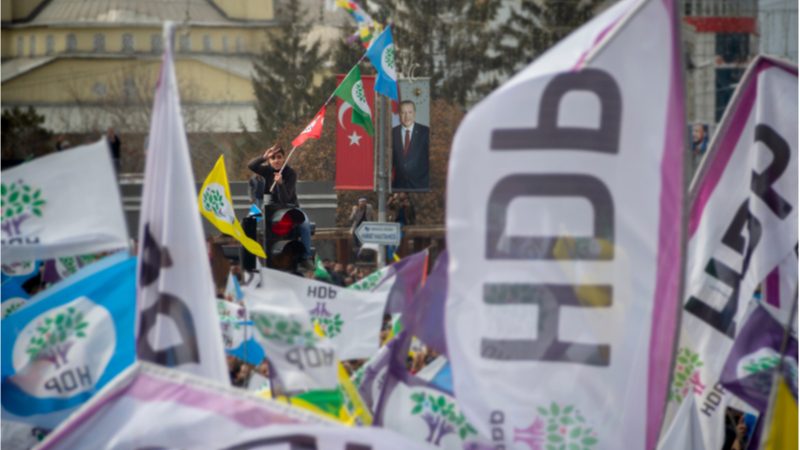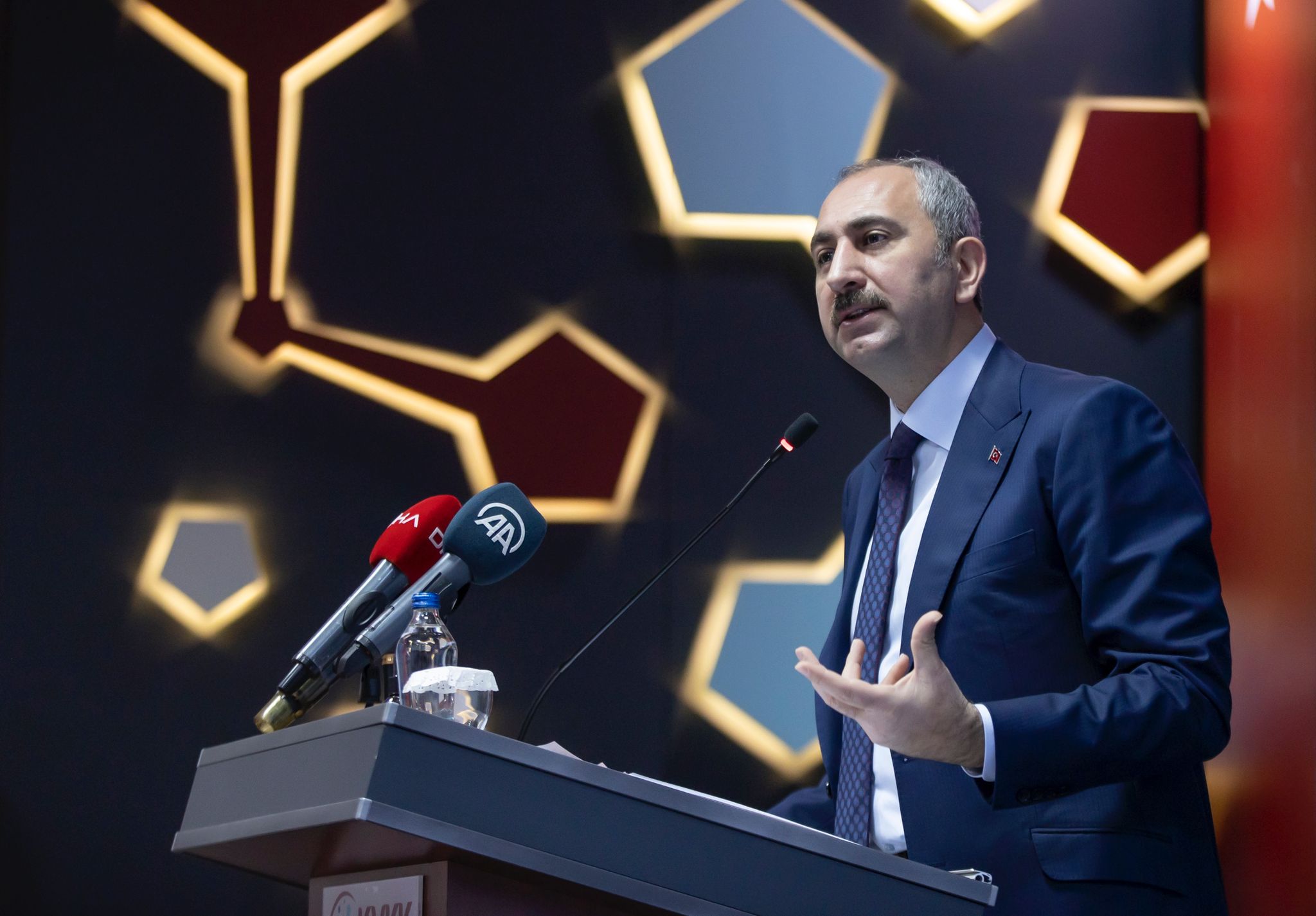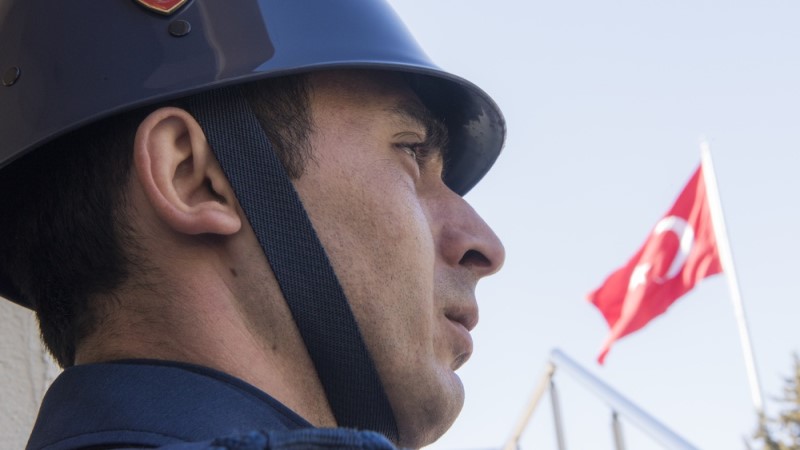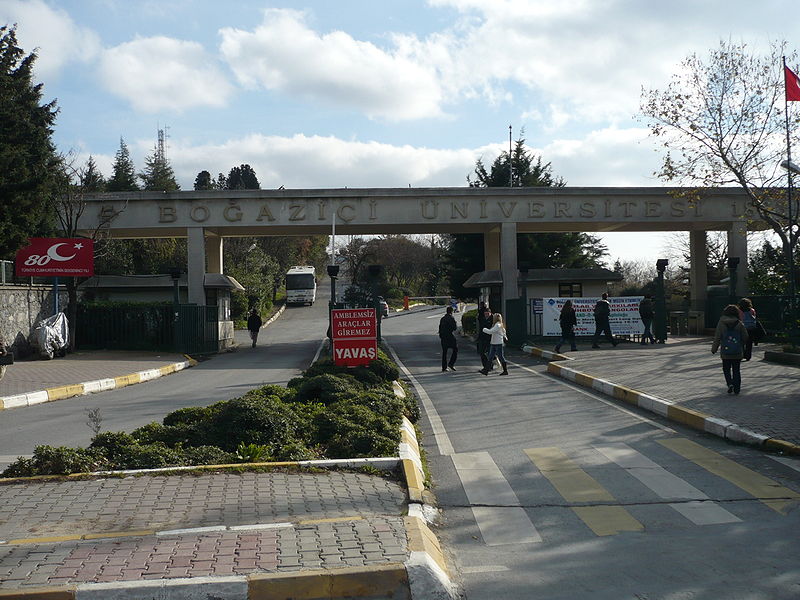Closing Down Democracy – The Prosecution of the HDP
By Sarah Glynn
March 10, 2022
Despite the Turkish government’s current efforts to portray itself as a peacemaker who cannot countenance unprovoked aggression, its assault on the Kurds continues both within and beyond Turkey’s borders. Turkish democracy, always a sickly creature, is undergoing a judicial asphyxiation. Tens of thousands of opposition figures are in prison, including thousands of members of the third largest party in the Turkish Parliament, the pro-Kurdish, leftist Peoples’ Democratic Party (HDP). Two ongoing court cases could see leading party members jailed for life, and the enforced closure of the party. These cases commit the state even further to violent suppression of Kurdish hopes rather than a political solution.

Fading Façades: Abdülhamit Gül, the Rule of Law and the Power Struggles Within the Erdoğan Regime
By Gareth Jenkins
February 14, 2022
The January 29, 2022, resignation of Justice Minister Abdülhamit Gül and his replacement by his predecessor Bekir Bozdağ marked another shift in the highly fluid power struggles within the apparatus of the Turkish state beneath the outwardly rigid patina of President Recep Tayyip Erdoğan’s overarching hegemony.

Creeping Shadows: YAŞ, Hulusi Akar and the Spectre of the End of the Erdoğan Era
By Gareth Jenkins
August 30, 2021
The promotions and assignments announced after the August 4, 2021 annual meeting of the Supreme Military Council (YAŞ), which is responsible for deciding appointments in the Turkish high command, reaffirmed President Recep Tayyip Erdoğan’s control over what had once been the most powerful institution in the country. Nevertheless, in recent weeks there has been considerable speculation that a career army officer, namely former Chief of the Turkish General Staff (TGS) and current Defense Minister Hulusi Akar, is trying to position himself as Erdoğan’s heir apparent.

U.S.-Turkey Ties: Better Atmosphere, But Harsher Reality Awaits
By Alan Makovsky
July 2, 2021
The day after the June 14 Biden-Erdoğan summit, one former Turkish official opined, “Before this meeting, I thought that saving US-Turkish relations is Mission Impossible. Now I think it’s only Mission Extremely Difficult.” That reaction pointed to the result of the summit: a net gain, if only a tentative one, for the Turkish President, when no gain at all had been expected.

The Boğaziçi Protests and the Politics of Fear
By Gareth Jenkins
February 11, 2021
The continuing protests at Istanbul’s Boğaziçi University are unlikely to lead to a repeat of the Gezi Park Protests, which swept Turkey in summer 2013, much less pose a serious threat to President Recep Tayyip Erdoğan’s grip on power. But his heavy-handed response has provided another example not only of the intolerance of dissent that has come to characterize his regime but of his increasing tendency to make mistakes and miscalculations – including his failure to understand that his repeated recourse to the politics of fear is insufficient to halt the long-term decline in his popular support.




